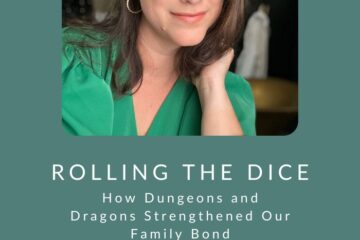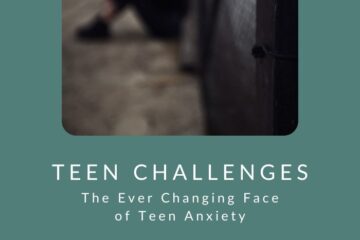Lead by Example

By Kelli Anderson
I used to think people who didn’t like Tom Brady were simply jealous. He’s a good-looking, all-American boy who is rich, married to a supermodel, and (un)arguably one of the greatest quarterbacks of all time. Haters gonna hate…except I’m not a hater and after watching Facebook’s docuseries on him last year, I jumped on the anti-Brady train. It wasn’t anything to do with his aforementioned attributes, it was the way he presented himself on camera. While at first I found it admirable that he’s 41 and practices the physical and mental discipline required to stay at the top of his game, I felt less enamored with him as an athlete and more disappointed with him as human. He cussed. A lot. His demeanor was less than humble, and after only about 25 minutes into the series, I stopped watching.
It’s not that I don’t think Tom Brady doesn’t have good reason to be confident, maybe even vain about how good he is. But with that much time in the spotlight comes a moral obligation to be a good role model. I have to imagine that as many people loathe Tom Brady, the same amount worship him, maybe aspire to be just like him, and that includes children.
I can no longer in good conscious support a man who uses crude language and posts Instagram videos of him and his teammate (Gronkowski) gloating as they walk through the airport after beating a team to advance to the SuperBowl.
Saying I support Tom Brady is also saying I agree with his behavior…and I don’t. I can’t. Because I believe we are all here, members of planet earth, and the cost of that membership is making an effort to make the world a better place. And little things–like the language you choose to use, the way you handle yourself after a loss or a win–matter.
A parent is a child’s first and most important teacher. Consider that most psychologists agree the first seven years of a child’s life is subconsious programming, that is, they do not have their own viewpoint of life. Rather, they are sponges soaking in the beliefs of their parents and/or other adults around them, unable to decide for themselves if these beliefs are right or wrong, good or bad. They are developing their schema with which they will view the world.
Even after those formative years, we have adolescents and young adults watching the way their parents or influential adults navigate the world. How does the primary caregiver react when something goes wrong? What if a father driving his kids somewhere gets a flat tire, and reacts in anger and frustration, as though his day is ruined and life is out to get him? What if he handles it calmly, takes care of it, and move on with his day?
What if a mother takes her children to church every Sunday and quotes the Bible to them, only to gossip about or harshly judge her neighbor because the neighbor acts in a way she disagrees with?
Those little things do matter. The children are watching. Other people are watching. I once was walking behind what I thought were two teenage girls in the hallway where I taught middle school. I saw one of the girls put a peice of candy in her mouth, then throw the wrapper on the ground.
“Excuse me, pick that up,” I said in my
I realized then that, while I wasn’t the parent, it was my responsibility as an adult to teach the desired behavior. Teaching my students to pick up trash was the easy part, because that was something we could all see. Remaining calm and loving while an angry student was calling me names was much, much harder but that much more important. It was as much my job to teach how to be a better person as it was to teach math. It is a father’s job to teach his son how to treat a woman, to teach his daughter how to be treated by a man. It is a mother’s job to teach her daughter how to be treated by a man, as it is her job to teach her son how to treat a woman. It is an aunt’s job to teach unconditional love, it is an uncle’s job to teach sportsmanship, it is a neighbor’s job to teach compassion. If you are a citizen of the world, it is your job to teach, to lead by example. The world is not made up of the ubiquitous “they.” The world is made up of you and me. Us. We are the world. We are the examples, and we are those who shape the children, therefore the future.


0 Comments